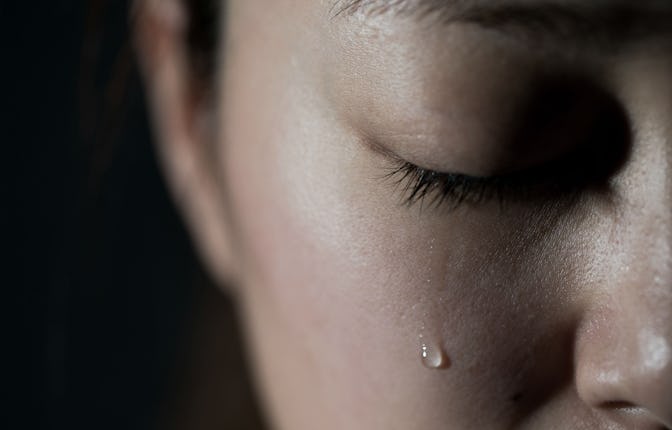40% of queer Asian American youth considered suicide last year
A new poll reveals a mental health crisis we can’t ignore.

Those who are tuned in to the recent attempts at curbing queer and trans people’s rights know that the U.S. still has work to do when it comes to embracing LGBTQ+ people. Here is a mind numbing statistic that adds gravity to that issue: 40% of queer Asian American and Pacific Islander youth have considered suicide last year, according to a new report by the Trevor Project. Out of this group, approximately 16% have actually attempted suicide, compared to 8.9% of the general youth population.
The report surveyed 34,808 people that included six major AAPI groups: Pacific Islander/Native Hawaiians, Chinese, Filipino, Indian, Korean and Vietnamese, per the Trevor Project. The participants were 13–24 years old and all lived in the United States.
The survey found that part of the reason mental health among queer AAPI youth is so frought is because they reported facing several unique challenges including racial discrimination and immigration-related stressors. Within the AAPI LGBTQ+ community, mental health problems varied by ethnic group; a staggering 49% of Pacific Islander/Hawaiian young queer people considered suicide in the past year, followed by 47% of Korean-Americans. Surveys have shown that having a supportive adult figure makes a huge difference in preventing LGBTQ youth sucides. Among the AAPI people individuals surveyed, 41% were not open about their sexuality to at least one parent, compared to 29% of the overall sample. For Vietnamese-Americans, that number was even higher: 60% had not come out to a parental figure.
Now if you’re an Asian queer person like me, these statistics are, unfortunately, not surprising at all. There’s so many obstacles if you’re an immigrant or child of immigrants — for one, your parents might not even know what being queer means and if they do, they probably won’t be too thrilled about it. It took my mom, who grew up in China, several years to come to terms with the fact that my sexuality was not a choice.
But for me, the most traumatizing part about being a queer AAPI person in the U.S. was navigating the racism of the queer community itself: There was a time in the early 2010s when many people were writing things like “no fats, femmes, or Asians” on their dating profiles. In queer spaces, being Asian came with the assumption that we were submissive and quiet. Feeling rejected by your own family is one thing; to feel completely stigmatized by the LGBTQ+ community that is supposed to accept you adds a level of alienation that can feel impossible for a young person to navigate. We clearly have a lot of work to do, collectively, to change this alarming trend.